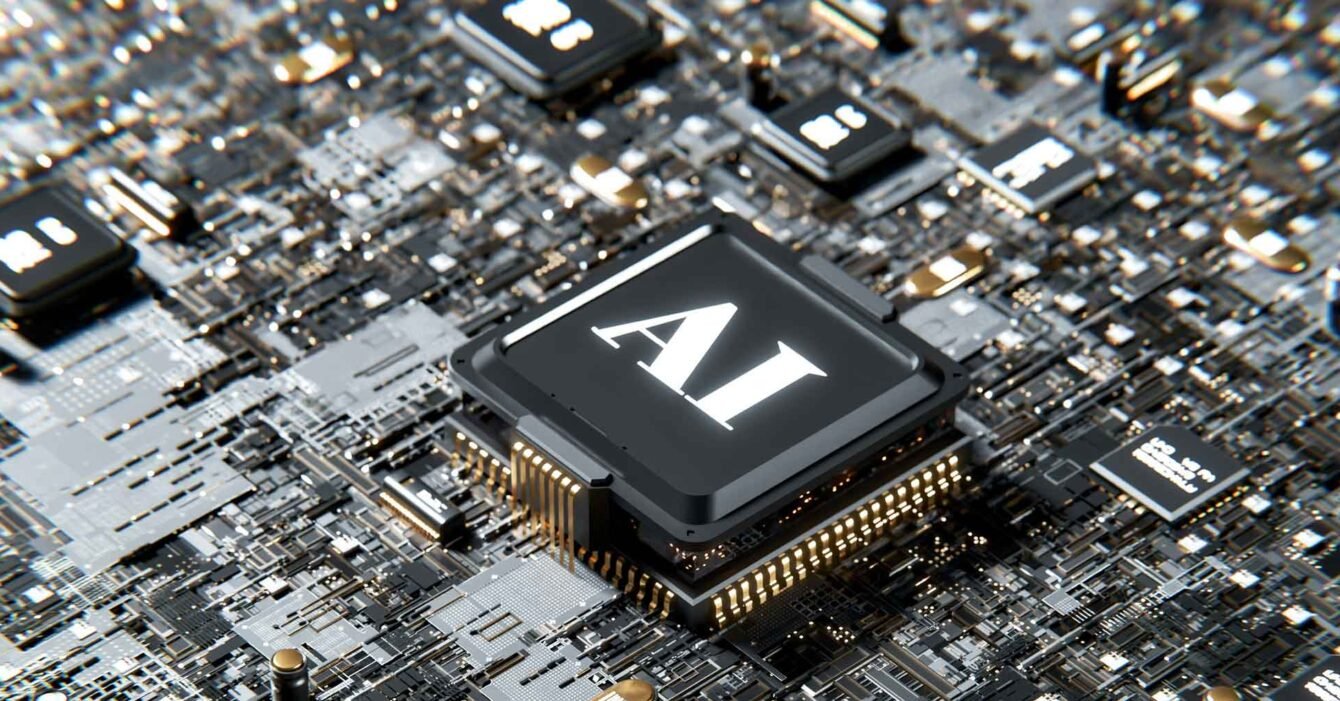Abu Dhabi is at the forefront of integrating cutting-edge technologies such as artificial intelligence (AI) and robotics into its industrial sectors. This technological transformation is not just enhancing efficiency and productivity but is also redefining the competitive landscape across multiple industries. From healthcare and construction to finance and customer service, AI and robotics are playing pivotal roles in driving innovation and streamlining operations.
Driving Forces Behind Technological Adoption
Abu Dhabi’s leadership has recognized the transformative potential of AI and robotics, setting the stage for their widespread adoption. The emirate’s vision to become a leading global hub for technology is supported by substantial investments in AI research centers, robotics labs, and partnerships with tech giants. This initiative is part of a broader strategy to diversify the economy away from oil dependency and towards a knowledge-based economy, as outlined in Abu Dhabi’s Economic Vision 2030.
Impact on Key Industries
In the healthcare sector, AI and robotics are revolutionizing how care is delivered. Robots are being employed for complex surgeries, offering greater precision and reduced recovery times. AI-driven platforms are enhancing diagnostic accuracy and personalizing patient care by analyzing vast amounts of medical data to identify treatment options. Market research in Abu Dhabi shows that these advancements are not only improving patient outcomes but also optimizing resource allocation and management within healthcare facilities.
The construction industry in Abu Dhabi is also benefiting from robotics and AI. Robots are increasingly used on construction sites to perform tasks ranging from bricklaying to structural inspections, which boosts productivity and enhances worker safety. AI is utilized for project management, where it helps predict project delays and budget overruns by analyzing historical data and ongoing project metrics.
In the financial sector, AI is transforming operations through algorithmic trading, personalized banking services, and risk management systems. Banks and financial institutions are leveraging AI to provide customers with tailored financial advice and enhanced digital banking experiences. Furthermore, AI is crucial in detecting and preventing fraud, a significant concern for the financial industry.
Challenges and Opportunities
While the adoption of AI and robotics presents numerous opportunities, it also poses challenges. One major challenge is the disruption of the job market, as automation could replace some jobs, necessitating significant workforce retraining and upskilling. Additionally, there are concerns regarding data privacy and security, especially as industries rely more on AI systems that process large volumes of sensitive information.
However, these challenges also create opportunities for growth in new job sectors, particularly in technology development, data analysis, and AI ethics. Abu Dhabi is well-positioned to capitalize on these opportunities by fostering a skilled workforce prepared to meet the demands of a tech-driven economy.
Conclusion
The impact of AI and robotics on Abu Dhabi’s industries is profound and far-reaching. As these technologies continue to evolve, they promise to unlock even greater efficiencies, improve service delivery, and drive economic diversification. For Abu Dhabi, the continued investment in and adoption of AI and robotics are not just about keeping pace with global trends but about setting new standards for innovation and progress. Market research in Abu Dhabi will continue to play a crucial role in understanding the ongoing effects of technological adoption, helping businesses and policymakers navigate this transformative landscape effectively.

